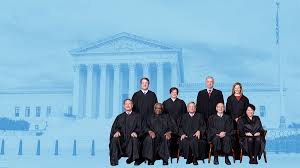In the last of a series of landmark rulings issued at the end of its 2021–2022 term, the US Supreme Court held that federal executive branch agencies cannot take major regulatory initiatives without explicit congressional authorization. It was the right decision. The...

SCOTUS Properly Reined in the EPA: Will the IRS and SEC Be Next?
read more
